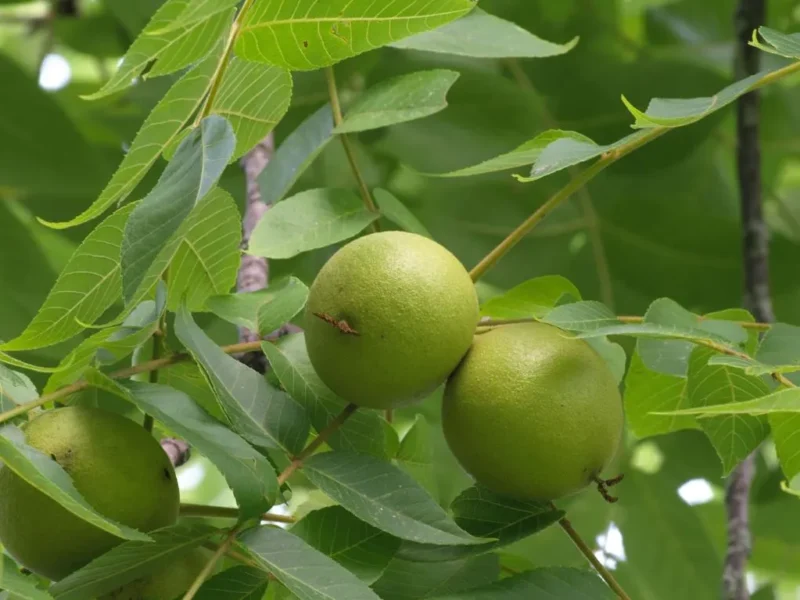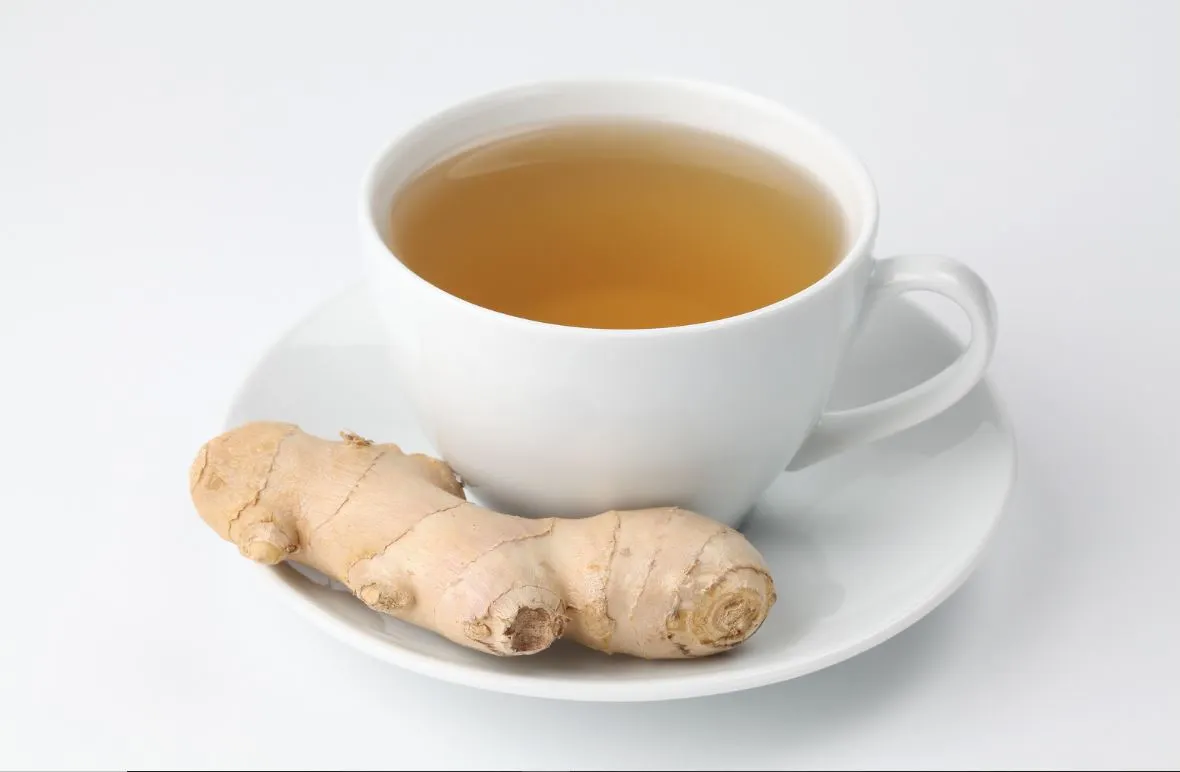In the realm of culinary arts, few dishes possess the universal appeal and therapeutic properties of a well-crafted chicken soup. The quintessential comfort food, chicken soup has been a staple across cultures for centuries, often lauded for its restorative qualities.
However, the true magic of this broth lies not only in its base ingredients but in the careful selection and application of the best herbs for chicken soup that elevate its flavor profile and potential health benefits.
This exposition aims to elucidate the most efficacious herbs for chicken soup, delving into their organoleptic contributions and potential pharmacological effects.
The Importance of Herbs in Chicken Soup
When contemplating the best herbs for chicken soup, one must consider a myriad of factors, including flavor compatibility, aromatic volatility, and potential synergistic effects with other ingredients.
The judicious selection of herbs can transform a simple broth into a complex, multidimensional gustatory experience. Moreover, many of the best herbs boast impressive phytochemical profiles, potentially augmenting the soup’s nutritional and medicinal value.
The Best Herbs for Chicken Soup
Thyme: The Aromatic Powerhouse
Among the pantheon of herbs suitable for chicken soup, thyme (Thymus vulgaris) stands out as one of the best herbs for chicken soup due to its robust, earthy flavor and potential antimicrobial properties.
The volatile oils in thyme, particularly thymol, contribute to its distinctive aroma and may offer respiratory benefits, making it an ideal addition to a soup often consumed during periods of convalescence.
Parsley: The Fresh and Nutritious Option
Parsley (Petroselinum crispum), another contender for the best herbs for chicken soup, brings a fresh, verdant note to the broth.
Rich in vitamins A, C, and K, parsley not only enhances the soup’s nutritional profile but also adds a subtle peppery undertone that complements the savory notes of chicken. Its high chlorophyll content may also contribute to the soup’s detoxifying properties.
Rosemary: The Mediterranean Influence
Rosemary (Rosmarinus officinalis) is frequently cited among the best herbs for chicken soup, particularly for those seeking a more robust, Mediterranean-inspired flavor profile.
This evergreen herb contains rosmarinic acid, a compound with potential anti-inflammatory and antioxidant properties. Its piney aroma and slightly bitter taste can add depth and complexity to the soup, particularly when used in moderation.
Sage: The Aromatic Enhancer
Sage (Salvia officinalis), with its velvety leaves and intense flavor, is another herb that deserves consideration when discussing the best herbs. Historically used in traditional medicine for its potential cognitive-enhancing properties, sage imparts a warm, slightly peppery taste to the soup.
Its essential oils, including thujone and camphor, contribute to its distinctive aroma and may offer digestive benefits.
Related Guide: Is Dandelion Tea High in Oxalates? Unveiling the Truth About This Popular Herbal Brew (2025)
Additional Herbs and Aromatics to Consider
While not technically an herb, garlic (Allium sativum) is often included in discussions of the best herbs due to its ubiquitous use and potential health benefits. Allicin, the primary active compound in garlic, has been studied for its potential antimicrobial and immunomodulatory effects.
When gently simmered in chicken soup, garlic infuses the broth with a mellow, savory depth that harmonizes beautifully with other herbs.
Dill (Anethum graveolens), with its delicate, feathery leaves, is particularly popular in Eastern European iterations of chicken soup and is considered by many to be among the best herbs. Its unique combination of sweet and tangy notes can brighten the overall flavor profile of the soup, while its essential oils may offer digestive benefits.
The Art of Combining the Best Herbs
When considering the best herbs, it’s crucial to acknowledge the importance of balance and synergy. While each herb brings its unique characteristics to the broth, its true potential is often realized in carefully crafted combinations.
For example, the earthy notes of thyme can be beautifully offset by the brightness of parsley, while the robustness of rosemary can be tempered by the delicate anise-like flavor of fennel.
Conclusion
The quest for the best herbs for chicken soup is not merely a culinary pursuit but an exploration of botanical pharmacology and sensory science. By understanding the unique properties and potential interactions of various herbs, one can craft a chicken soup that not only delights the palate but potentially offers a range of health benefits.
As with any culinary endeavor, personal preference plays a significant role, and experimentation is encouraged to find the perfect herbal amalgamation for your ideal chicken soup.
Whether seeking comfort, flavor, or potential therapeutic effects, the judicious use of the best herbs can transform a simple broth into a nuanced, multifaceted dish that nourishes both body and soul.



